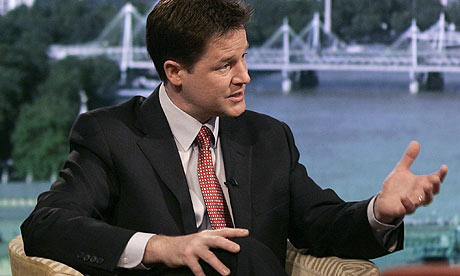Suella
Braverman recently gave two speeches, one in Washington and one at the
Conservative Party conference.
In these
speeches and elsewhere she put forward several ideas I disagree with.
There is no
such thing as a simple homogenous British identity. What constitutes
‘Britishness’ or ‘British values’ are subjects of permanent dispute, and are
evolving, not fixed. There is a British national character, as every nation has
a character, but it is complex, multifaceted and difficult to define: perhaps a
national character is best described as a cluster of competing and
complementary ideas, some more prominent than others, like a word cloud. Whatever
Britishness may be, the Home Secretary does not get to define it and insist
that the rest of us comply with that definition. That is overreach, & that
is the power she is trying to assume. She unfortunately has the power while in
office as Home Secretary to oversee who is and is not British when it comes to
people applying for citizenship, but she emphatically does not have the power
to decide who is and is not British over we who are already citizens.
Suella
Braverman may disapprove of my way of life or my opinions. As long as I am not
breaking the law, these matters are none of her business, and the same applies
to all other British citizens in the UK, of every religion and ethnicity. A key
British value which Suella Braverman is transgressing is our saying “Live and
let live”.
I am a proud
Briton, and a patriot. I dispute the right of Suella Braverman to decide who is
or is not properly British – the absurdity is evident as soon as you write it
down – and who is or is not patriotic. It contradicts our most basic British
traditions of freedom to claim that the government can decide what Britishness
is, and enforce that decision on the populace. The National Conservatives and
others on the Right are trying to co-opt the terms ‘British’, ‘Britishness’,
‘British values’, ‘patriotism’, and co-opt the ideas behind the terms. We
should not let them. They are trying to appropriate these very important ideas,
which are held in common by all British people, to increase their own political
power. We should dispute and fight this. We should not abandon those terms to
them.
It is only a
brittle and incomplete sort of patriot who cannot stand to hear anything bad
about their country. If I research, think and write about the bad things the
rulers and people of this country have done in the past – like, to take one
example, the centuries of our misrule in Ireland – this does not mean that I
‘hate Britain’. It means that I am sufficiently adult to understand that a
nation or group of nations with a long history will have done in that time both
good and bad things. This is a blindingly obvious point, and a true patriot
understands and embraces it. On the contrary, the National Conservatives seem
to hate Britain because they are constantly promulgating a highly negative,
distorted caricature of it.
Suella
Braverman and others on the Right refer negatively over and over again to
people living parallel lives in our society. It is a favourite theme. But all
sorts of groups lead parallel lives in our society, perhaps it is an inherent
feature of any society. The very rich lead parallel lives to the rest of us,
but Suella Braverman is not proposing to confiscate their wealth to end this. The
very poor lead parallel lives, but she is not proposing to increase their
income. The homeless lead parallel lives, but she is not proposing to house
them. It is only the alleged parallel lives of some immigrants which she is
against, making sweeping assertions about them and offering little to no
evidence. The logic that whole communities are a threat to the rest of us and
must be monitored, integrated, controlled and re-educated leads to what the
Chinese government is doing to the Uighurs.
In practical
terms, what is ‘integration’ ? How much integration is enough ? Who is
integrated in the first place i.e. what is it exactly that the people who it is
claimed need to integrate need to integrate with ? Do different people or
groups need to integrate more, or less ? Who decides all these things?
‘Integration’ and ‘integrate’ are words Suella Braverman is throwing about as
if they are clear and clearly understood. They are not.
We should
not cede the right to define Britishness to a tiny, paranoid, power mad fringe
of the Right, which nevertheless has a considerable foothold in our current
governing Party and in our national media. They are very noisy and claim on the
basis of no evidence to speak for the majority of us. This is false. We must
resist.












